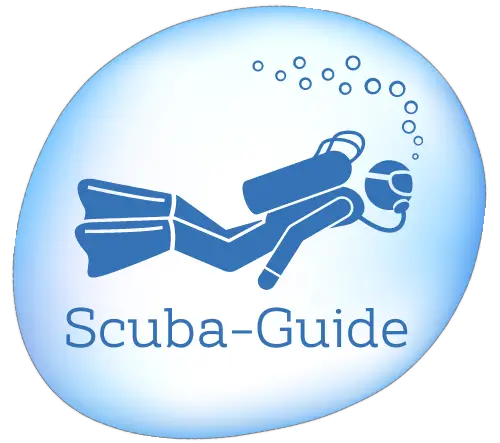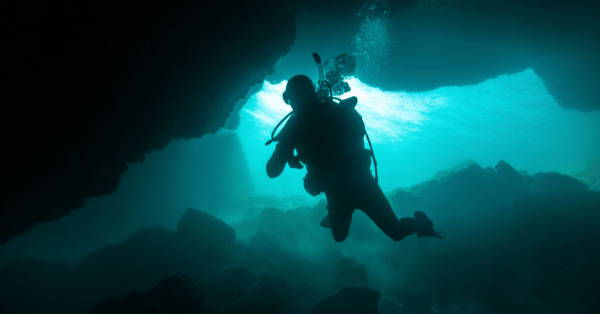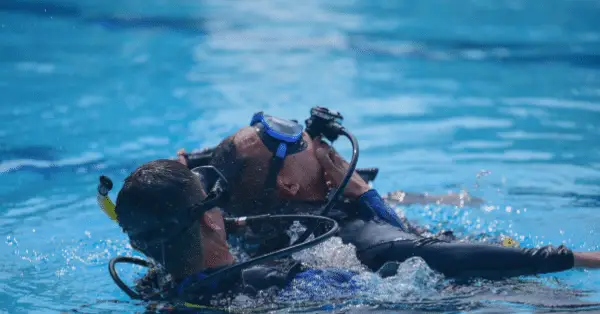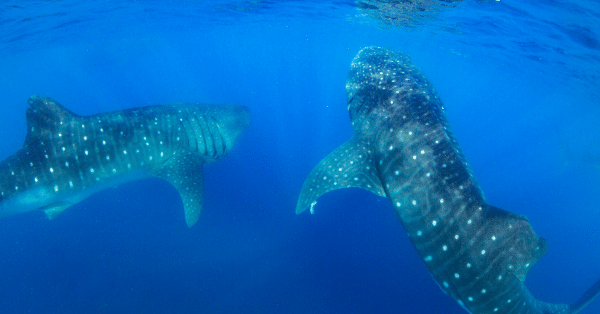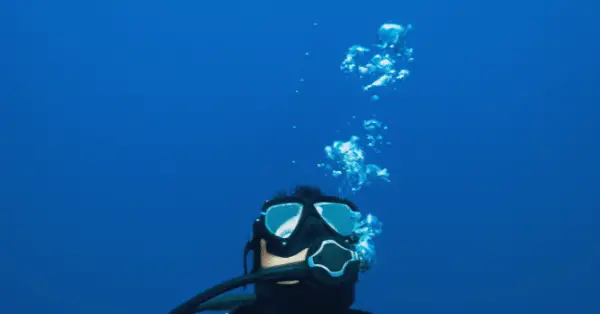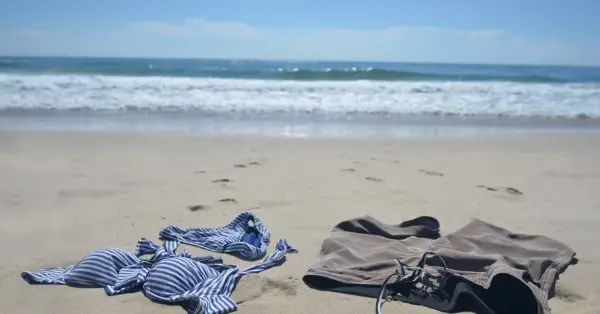Can You Scuba Dive While Pregnant?
Though it may appear to be harmless, the American College of Obstetricians and Gynecologists (ACOG) strongly advises against pregnant women engaging in scuba diving. Therefore, this activity should not be considered safe for expecting mothers.
“Scuba diving should be avoided in pregnancy because of the inability of the fetal pulmonary circulation to filter bubble formation.” – ACOG
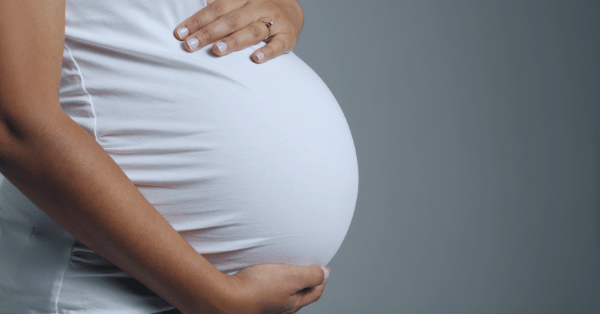
What does PADI say to scuba diving while pregnant?
During the PADI Open Water Diver course, divers learn that pregnant women should not dive. The RSTC medical form also outlines this precaution for expectant mothers and those attempting to conceive. Understandably, many seek more information concerning these limitations. That’s why it is crucial to communicate why diving during pregnancy or when trying to get pregnant poses risk – so everyone can stay safe while enjoying the wonders of diving.
Untested opinions
No scientific trials have been conducted to assess the implications of recreational diving on a fetus. It’s important to state, that also the above statement by the American College of Obstetricians and Gynecologists (ACOG) is published on a committee opinion section of the website.
However, pregnant women must recognize that their actions could influence their unborn child. Even if an expecting mother suffers from decompression sickness (DCI), it is uncertain whether this will bring harm to her baby. Therefore, moms-to-be should be careful and abstain from alcohol, tobacco, and drugs as well as avoid scuba diving for precautionary purposes.
Other water activities while pregnant can be harmful, too
It’s not just scuba diving, even diving in a pool can be harmful to pregnant women. Submarine injuries, such as pulmonary barotrauma and arterial gas embolism (AGE), can happen in a depth of only four feet/1.2 meters! AGE is decompression sickness, which is especially hazardous for expecting mothers, since air bubbles may block the supply of blood to their fetus without presenting any warning signs or symptoms.
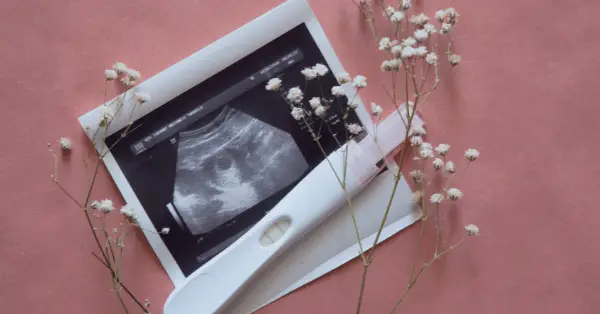
When can mothers return to scuba diving after giving birth?
When it comes to diving after childbirth, the recovery time largely depends on how you delivered. It’s important to consult with your doctor before starting any kind of activity postpartum. Generally speaking, normal vaginal delivery without complications calls for a three-week minimum wait period, while an uncomplicated cesarean section may require 8–12 weeks prior to resuming diving activities again. For pregnant women who are advised to go on bed rest due to complications, waiting for a period of up to 12 weeks is suggested since it can help avoid physical deconditioning and the deterioration of aerobic capacity and muscle mass. After experiencing a miscarriage, diving can be resumed as soon as one’s physician clears them for unrestricted activity.
Can breastfeeding mothers scuba dive?
Mothers who are breastfeeding can safely and confidently dive underwater – nitrogen does not accumulate in breast milk, meaning that the baby is not exposed to any dissolved nitrogen during breastfeeding. As diving can be dehydrating, it’s important for mothers to ensure they stay properly hydrated to prevent interference with their milk production.
Health check and fit for diving
In general, as a certified scuba diver, you are responsible for your own health. It’s always recommended to stay active and be fit enough for diving and conduct – at least a self- health check before every dive. This is especially true for mothers-to-be and fresh parents.
Conclusion: Can pregnant woman scuba dive?
The safest answer without any doubt is to avoid diving while pregnant or attempting to conceive. It’s better to be safe than sorry, and scuba diving should not be considered a risk-free activity for expecting mothers. So if you’re an expecting mother looking for adventure, it may be best to hold off on any deep-sea adventures while pregnant and wait until you’re done with the postpartum period before going back underwater. By taking extra precautionary steps, everyone can enjoy the wonders of diving safely and responsibly.
